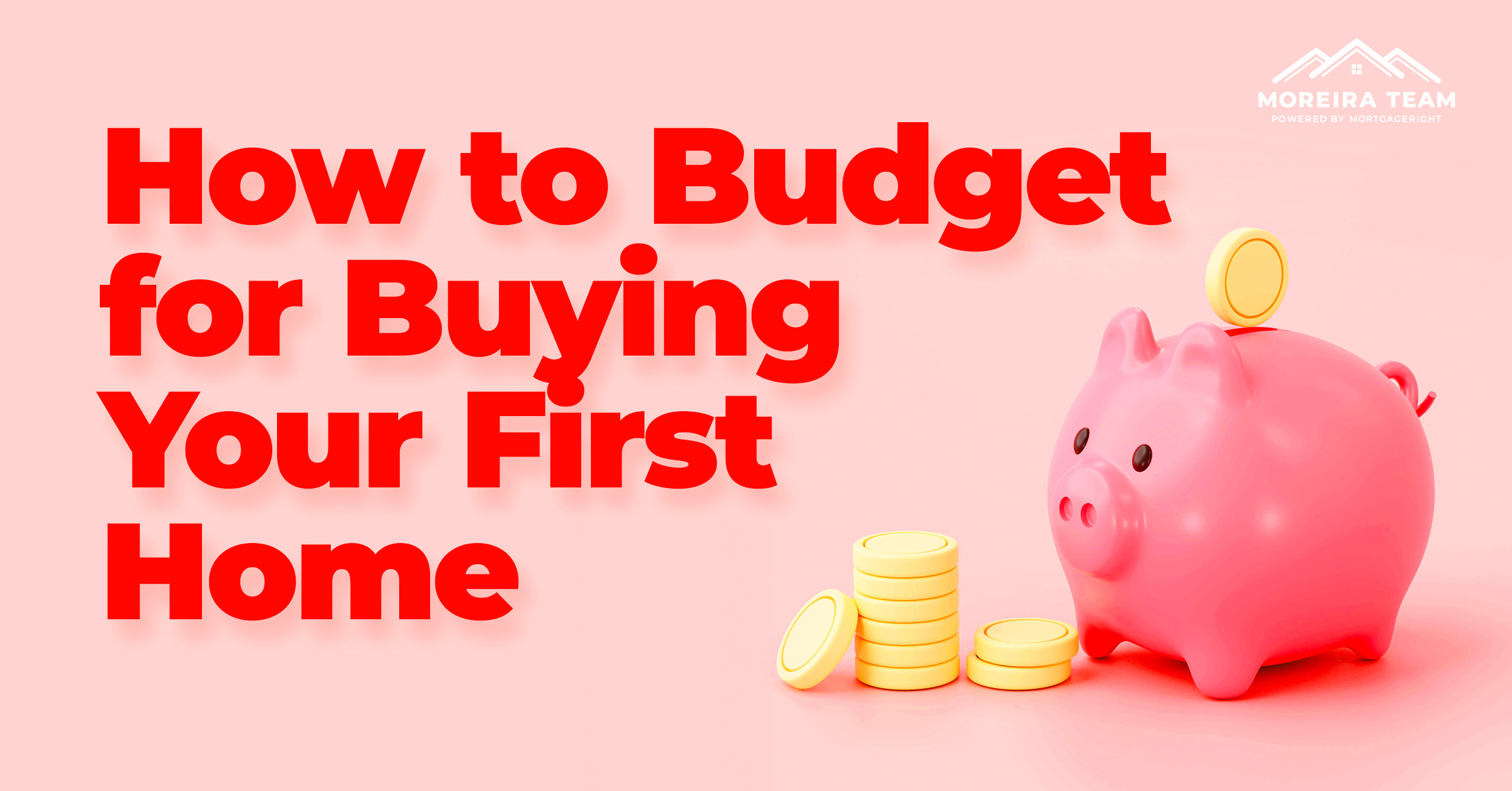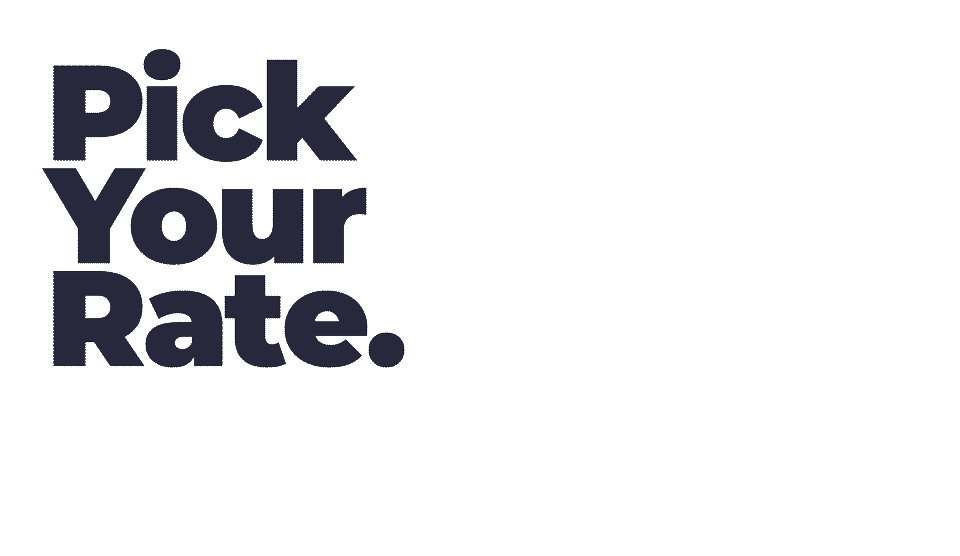
In this article
- Prepare Ahead and Strengthen Your Offer
- Your Down Payment
- Your Monthly Income
- Your Expenses vs Your Income
- Consider All Other Costs
- Earnest Money
- Home Inspection
- Closing Costs
- Property Taxes
- Homeowners Insurance
- HOA Fees
- Seek Solutions From Your Lender
- Upfront Approval Guarantee
- Start Your First Time Home Buyer Journey Today
Purchasing your first home can be terrifying. On top of navigating a process you have no experience with, the financial stress can be intimidating. This is a life decision that requires the right type of preparation to ensure you meet your long-term goals.
As a first time home buyer, creating a good plan and a clear budget is your best approach. This will give you a strong foundation for your house-hunting journey.
Understanding your budget will help you narrow your search when you start shopping around. It will also give you valuable negotiating power because you will have done a lot of the financial legwork upfront.
Wondering how to get started? Here are some first time home buyer tips that will help you stop worrying and start planning for action.

Prepare Ahead and Strengthen Your Offer
Last year was tough for home buyers. Interest rates have been high and home prices continue to rise. Supply has also been down.
However, 2024 looks like it’s shaping up to be a good year. One study found an 18% increase in the number of owners ready to sell this year. Plus, interest rates are expected to drop.
That said, it’s still a seller’s market. When you finally find the perfect home, you want to be confident in your offer. Doing some financial prep will give you leverage when it’s time to negotiate.
Your Down Payment
Because this is your first home purchase, there’s a good chance you’ll get a conventional loan. These mortgages are widely available and offer competitive interest rates.
However, unless you have private mortgage insurance, the down payment benchmark for a conventional loan is 20% of the asking price. That’s a lot to pay upfront, so you’ll need to determine how much you can afford by running these numbers:
- Calculate your income, savings, and monthly expenses.
- Determine your debt-to-income ratio.
- Decide how much of your savings you can put toward the down payment.
- Figure a monthly mortgage payment you can comfortably afford.
- Ensure you have enough set aside for unexpected expenses.
Getting a sense of your financial standing when preparing for a down payment can make you feel a bit vulnerable. But keep in mind that many experienced mortgage lenders offer conventional loans with lower down payments. That’s why it’s so important to work with a trusted lender that finds innovative solutions that fit their client’s needs.
Your Monthly Income
When applying for a loan as a first time home buyer, your income plays a crucial role in whether you get approved or not. Lenders want to know you can comfortably afford the mortgage payment. Your income may also influence the interest rate and maximum loan amount you’re approved for.
When you apply for a loan, you’ll have to provide proof of income by providing pay stubs, tax returns, and bank statements. For those with salaried jobs, this is pretty straightforward. However, if you’re self-employed or own your own business, it can get tricky.
A good lender can help you navigate this process. It typically involves producing alternative proof of income, such as:
- Profit and loss statements
- Business tax returns
- Balance sheets
- Invoices
- Business licenses
If you have a non-salaried job or own a business, it’s important to communicate this to your lender right away. There’s a good chance they’ve been in a similar situation and can provide an easy solution as you begin the loan application process.
Your Expenses vs Your Income
Taking a hard look at your monthly outgoings is a key step in creating a realistic budget. Doing so will help tremendously when it’s time to figure a home’s affordability and make an offer.
Keep in mind that you can make a healthy income, but it means nothing if your expenses leave you broke each month. If this is the case, it’s time to cut corners and do some financial management before shopping for a house.
If you’ve gotten used to a certain lifestyle, there’s a good chance you’re spending money on things you don’t need. Consider these tips for making smart adjustments:
- Cancel unused or unneeded subscriptions.
- Cut out all impulse purchases.
- Take measures to decrease your energy bills.
- Place importance on paying off high-interest debts.
Your lender will likely evaluate your bank statements and hard expenses when considering your application. If you’re not comfortable with your financial standing, take some time to get all your ducks in a row.
Consider All Other Costs
Your down payment is one of a handful of upfront expenses you’ll need to be prepared to pay when buying a new home. Depending on how your mortgage is set up, some of these costs can be absorbed into your loan balance. However, they’ll still impact how much house you can afford.
Let’s look at some costs that catch a first time home buyer off guard.
Earnest Money
Part of the offer process, this is money that the buyer provides the seller to show how serious they are about the deal. It’s also referred to as a good faith deposit and is a small percentage of the asking price.
Home Inspection
Before you purchase a home, it’s up to you to schedule and pay for a home inspection. This ensures there aren’t issues with a house’s plumbing, foundation, roof, and other key elements. Getting the house inspected protects you from having to pay for unforeseen repairs after you become the owner.
Closing Costs
These are additional fees associated with closing on real estate. They include things like attorney fees, loan origination fees, and appraisal. Typically, closing costs are based on the loan amount, terms, and location of the home.
Property Taxes
Every first time home buyer has to get used to the idea of paying property taxes on their house and the land it’s on. You have the choice of paying your property taxes on an annual or semi-annual basis.
Homeowners Insurance
Lenders require you to obtain homeowners insurance, which makes sense. It protects you in the event of fire, natural disasters, and theft. Having good home insurance coverage will also give you peace of mind.
HOA Fees
Homeowners associations require fees from all residents for maintenance and the upkeep of amenities. Make sure you consider the monthly fees to ensure they won’t eat into your budget once you start making payments on your mortgage.
Seek Solutions From Your Lender
A trusted lender can be a great help when deciding what you can afford. After all, it’s in their best interest to only originate loans they know the borrower can afford.
If your fixed monthly expenses are high, you may need a smaller loan amount to ensure you can maintain financial stability while making mortgage payments. On the other hand, if you can afford a large down payment, you may have more loan options. Either way, you need to work with a mortgage lender who can provide a wide range of products and offer innovative solutions for unique situations.
Upfront Approval Guarantee
Lots of lenders offer pre-approvals for homebuyers, which is a smart first step when starting your house-hunting journey. But some lenders, like The Moreira Team, offer something more powerful – an Upfront Approval Guarantee.
This mortgage product gives the seller a guarantee that you’re fully approved to purchase the home. Plus, it waives the financing contingency fee. This means your offer isn’t contingent on you getting approved for financing. It’s like having a fully underwritten approval in your back pocket.
Start Your First Time Home Buyer Journey Today
In addition to creating a budget, working with an experienced lender goes a long way when purchasing a home. The Moreira Team understands the pressure every first time home buyer feels, and will help you navigate the process so you stay in control the whole way.
Get pre-approved today and start shopping for your dream home.




